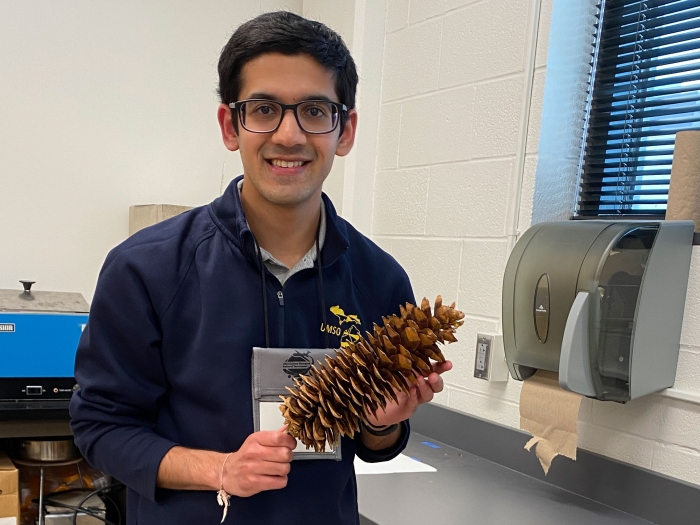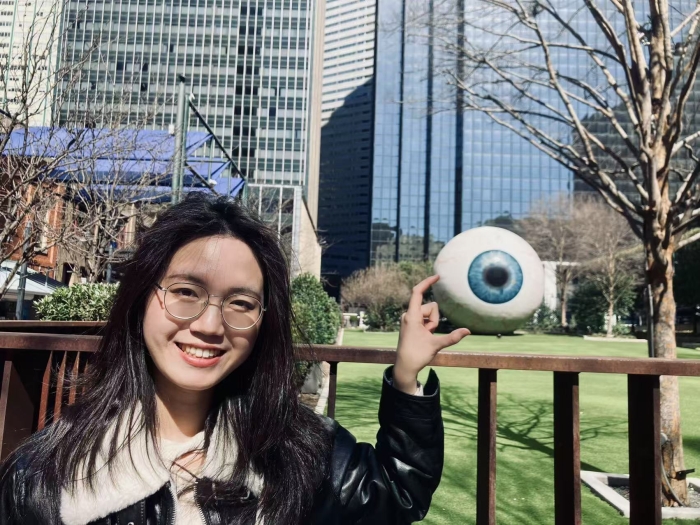Author |
Michigan Medicine researchers will partner with the Henry Ford Health System and Harvard Chan School of Public Health to address inequities surrounding uterine fibroids.
A $7.8 million grant from the Eunice Kennedy Shriver National Institute of Child Health and Human Development of the National Institutes of Health will fund a joint research effort by researchers from the three institutions called Partnering for Equity: An Academic and Community Alliance to Eliminate Disparities throughout the Fibroid Experience, or PEACE.
By age 50, nearly two-thirds of women will experience uterine fibroids, noncancerous tumors in the uterus. Although benign, fibroids remain the leading cause of hysterectomy in the U.S. Black women are diagnosed with fibroids roughly three times as frequently as white women, develop them earlier in life, and tend to experience larger and more numerous fibroids that cause more severe symptoms.
Black women also experience differential care journeys, and have been found to have longer surgery times, higher rates of surgical complications, and greater likelihood of hospital readmission, compared with white women.
PEACE will focus on finding the reasons why fibroid development, growth, and treatment experiences vary between Black and white women.
“We hope to bring to light the true experiences of persons dealing with fibroids by applying novel and innovative scientific methodology that includes health services, epidemiologic, mixed-methods, interventional, and community-engaged approaches ,” said principal investigator Erica Marsh, M.D. professor of obstetrics and gynecology at the University of Michigan Medical School and chief of the division of reproductive endocrinology and infertility at U-M Health Von Voigtlander Women's Hospital.
“This project will help us better understand potential contributors to uterine fibroid development and growth as well as disparities in clinical experience among historically marginalized groups affected by them.”
While some fibroids are asymptomatic, others cause significant pain, bleeding, anemia, increased urinary frequency, fertility problems and pregnancy complications.
Researchers will interview and survey fibroid patients and health care providers, and analyze state Medicaid data to understand patient care journeys and will leverage existing cohorts to examine how stress from life events, discrimination, and local community and environmental challenges might increase the risk of getting fibroids or influence fibroid growth.
Marsh will lead the research along with Ganesa Wegienka Ph.D., director of Women's Health Research at Henry Ford Health System in the Public Health Sciences Department; David Williams Ph.D., Florence & Laura Norman Professor of Public Health, and chair, Department of Social & Behavioral Sciences, Harvard T.H. Chan School of Public Health, and Tanika Gray-Valbrun, founder and CEO of The White Dress Project, a national patient advocacy organization dedicated to spreading awareness about the widespread occurrence of uterine fibroids.
“As someone who has personally experienced the debilitating effects of fibroids, I am deeply committed to advocating for better research, treatment, and awareness,” Gray-Valbrun said.
“The PEACE Project represents a monumental step forward in addressing the disparities affecting so many women, particularly in the Black community. By bringing together diverse voices and expertise, we aim to uncover the root causes of these inequities and empower women with the knowledge and resources they need to make informed decisions about their health.”
The team will also be leveraging the expertise of diverse stakeholder groups including Health in Her Hue, the Michigan Primary Care Association, Michigan Health and Human Services – Division of Maternal and Child Health, and others.
“The research will focus on building local and national partnerships and emphasizes the importance of collaboration between academic institutions, healthcare providers, religious and community organizations, and patient advocacy groups,” Marsh said.
“The inclusion and engagement of these groups will help ensure that research is effective, relevant, and aligns with community needs and with those most impacted by this prevalent disease.”

Professor





